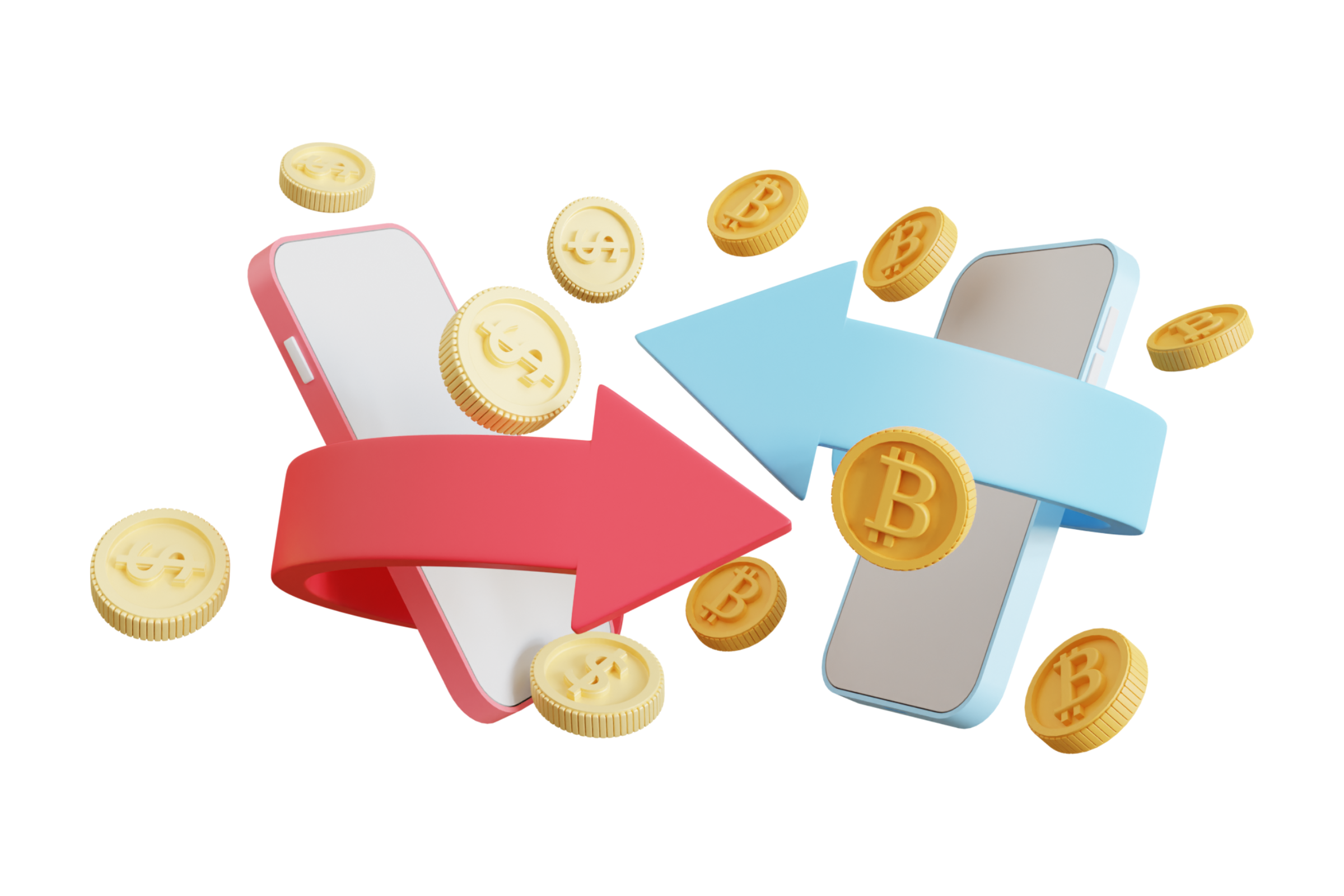Phishing is becoming an increasingly common and complex type of fraud, particularly in the cryptocurrency landscape. We hear of more and more traders and investors falling for phishing scams when looking to make investment decisions, which ultimately causes them to lose money.
One phishing scam we’ve been hearing about more frequently involves the Mercatox platform - an unregulated and poorly-rated crypto exchange, with traders and investors losing funds through scam correspondence and brokers on the exchange. Here, we take a look at the Mercatox scam, as well as general guidance to avoid falling victim to other types of phishing scams.
What Is Mercatox?
Mercatox is an active peer-to-peer (which means that there is an exchange of data or assets between two parties without the need for a central authority) trading platform with over half a million users. It allows traders and investors to access different pairs of currencies and the ability to create multicurrency trading wallets. It has, over the years, gained a reputation for being a fraudulent exchange platform, though not confirmed, with many warning signs typically seen in similar cases.
Things such as a clear lack of business location, no available information on the founders or owners and the fact that it isn’t regulated or licensed indicate that the Mercatox trading platform isn’t as legitimate as it seems. This lack of transparency and legal license means that, should the exchange fail its traders and investors or in the case with the Mercatox scam, they can’t be held accountable in certain circumstances.
What Is The Mercatox Phishing Scam?
Following a spate of hoax and fraudulent communications, Mercatox recently put a warning on their website about the phishing Mercatox scam. There were reports from traders and investors that they were receiving emails and messages, seemingly from legitimate Mercatox email addresses and social media accounts, which were prompting them to ask for coins to be listed or were saying that their coins and tokens were to be delisted if they didn’t take action (typically involving depositing more funds).
Mercatox warned that they don’t use any social media platforms or messenger apps such as WhatsApp or Discord. They asked investors to report any scam messages they received, and said they could get in touch with their team should they have any further concerns. They, essentially, put the responsibility upon the traders and investors to keep themselves protected.
What Is A Phishing Scam?
Phishing is a type of online scam where criminals will use fake forms of communication such as phone calls, emails, messages and social media profiles, typically posing as a trusted person, brand or business. The aim of phishing scams, such as the Mercatox scam, is to try and get victims to visit websites, download files or share sensitive information which could then be used to make transactions or empty crypto wallets.
Phishing attacks, like the Mercatox scam, are a common online scam due to the ease with which scammers can trick people into sharing sensitive information or clicking malicious links. It is a type of social engineering attack, where the criminal impersonates another via electronic communication methods.
Client Case: Mercatox Scam
“I originally invested $196k with the exchange and after the account grew to $260k, I tried to withdraw the fund. A small amount of $3k was successful. Then when I withdrew $30k, they said I entered the wrong address to my wallet and the $30k was lost. When I tried to withdraw $170k a few days later, they froze my account accusing me of money laundering. I was persuaded to unfreeze my $200k with a 50% verification fee. I took the advice, and I transferred $100k to the exchange. When I withdrew, they blocked it saying I didn't pay the 10% late fee (which they didn't disclose when I asked their customer service).”
How To Avoid Phishing Scams
Knowing how to avoid phishing scams is important for all online activity, and isn’t just related to trading and investing. Although the Mercatox scam is relatively new, phishing scams have been around for as long as the internet has been in existence, so knowing how to protect yourself online is highly recommended as the scams become more frequent and complex.
Think Before You Click
If you ever receive communications from untrusted or unknown sources, then always be cautious about clicking on links sent to you in emails, messages or on social media. They could well be designed to entice you to click through to a malicious website or download.
Install Anti-Phishing Tools
To keep you protected when you are making investments and trades, look to install an anti-phishing tool onto your browser. These tools work by running quick checks on any sites you visit and comparing them to known phishing sites and details. Should you end up clicking through to one, then the toolbar will alert you about the possible dangers. These types of toolbars can also be used when connected to a VPN.
To enhance your online security even further, you can look to use firewalls, which act as a defence between you, your device and potential hackers or scammers. You can look to use both a desktop and network firewall if you really want to keep your device secure.
Contact WRS If You Have Been A Victim Of The Mercatox Scam
Fake exchanges, such as Mercatox, are amongst the most common types of crypto scams and, when this is combined with phishing scams happening within the platforms, it puts investors at increased risk of falling victim and losing their hard-earned investments. Here at WRS, our team of award-winning lawyers can work with you to try and recover your lost funds through either a phishing scam or the Mercatox scam. Contact us today to arrange a free consultation and start your recovery journey.

